Dr. Michael Bennett Only Private Sector Surgeon Selected Nationwide.
Dr. Michael Bennett MD, FACS, founder of The Eye Center of Hawaii, has been named one of thirteen prestigious surgeons across the United States to conduct the procedure for the Argus® II Retinal Prosthesis System. The Argus II (also called the “bionic eye”) is an implantable visual prosthetic and was selected in 2013 CNN’s Top 10, Time Magazine’s Best Inventions and in 2014 Cleveland Clinic’s Top 10 Medical Innovations.
Eye Center of Hawaii is dedicated to patient care with the pursuit of all opportunities to help patients restore vision. Approved by the FDA in February of 2013, ophthalmologists began to implant the Argus II in U.S. patients in late 2013. Enabling blind individuals to achieve greater independence, The Argus II can help patients see black-and-white images. To date, seventy-four patients have received the implant.
“Patients learn to interpret these visual patterns with their retinal implant. This allows the person to locate lights and windows and identify objects around them,” says Dr. Bennett. “We are very excited to be part of a unique, quality-of-life product that helps patients navigate through life more easily. We look forward to working with our local ophthalmologists and optometrists in identifying and working with those patients who qualify to receive this treatment option.” Eye Center of Hawaii has recently identified eight qualified patients for the procedure.
Implanting centers currently offer consultations to patients with retinitis pigmentosa (“RP”), a rare disease that destroys the photoreceptor cells in the eye’s retina. Retinitis pigmentosa is an inherited retinal degenerative disease that causes a gradual loss of the light-sensitive retinal cells, resulting in slow but progressive vision loss. The device is intended to provide electrical stimulation of the retina to induce visual perception in blind individuals. Medicare has agreed to cover the device procedure if a patient qualifies.
The doctors at Eye Center of Hawaii have consistently been recognized for awards, including Best Doctors in the U.S., Best Doctors in Hawaii, Governor’s Innovation, Pacific Business News Business Award, and Retina Society Distinction Award. Call (808) 955-0255 for a consultation.



🌎🌺 We’re lucky to live in a place filled with natural beauty—and we believe in doing our part to protect it.
Here’s how you can help us keep Hawaii green:
♻️ Recycle your contact lens containers and solution bottles
👓 Donate your old glasses to give someone else the gift of sight
Every small step helps protect the planet we call home—and the eyes that let us see its beauty. 💚🌊
#EarthDay #SeeTheBeauty #SustainableVision #RecycleForSight #Ophthalmology #EcoFriendlyEyeCare #HawaiiVisionCare ... See MoreSee Less
0 CommentsComment on Facebook
We’re egg-cited to wish you a day filled with bright sights, sweet treats, and time with the ones you love. 💛👀
This Easter, don’t forget to take a moment to appreciate the beautiful view—your eye health makes it all possible! ... See MoreSee Less
0 CommentsComment on Facebook
You shouldn't live with cloudy, fading vision. Our offices across the islands have all the technology, trained staff and experienced surgeons to bring your vision into focus with advanced, laser cataract surgery. Call us today at 808-955-0255 to schedule your exam.
#cataractsurgery #HawaiiHealth #VisionCorrection #hawaiieyecare ... See MoreSee Less
0 CommentsComment on Facebook
Whether it's macular degeneration or cataracts or a simple eye exam, you can find the most advanced care at our offices across the islands. Mahalo, David, for taking the time to tell about your experience with Dr. Miller and our Kona team while they took care of your macular degeneration. We take care of our patients like they are 'ohana.
🌺#ohana #MacularDegeneration #hawaii #bigisland #eyecare ... See MoreSee Less
0 CommentsComment on Facebook
Each year, approximately 100,000 people suffer sports-related eye injuries, with around 13,500 leading to permanent vision loss. Most sports-related eye injuries can be prevented by wearing the right protective gear. Visit our optical in Kona and Lihue to get outfitted with the right eyewear for your active lifestyle.
#SportsEyeSafety #protectiveeyewear #sportsprotection ... See MoreSee Less
0 CommentsComment on Facebook
Your vision plays a vital role in your quality of life, and routine eye exams can help detect early signs of systemic conditions like diabetes, hypertension, and more.
✅ Schedule your annual eye exam
✅ Protect your eyes from UV rays
✅ Eat a nutrient-rich diet for healthy vision
Let’s keep our eyes—and our bodies—healthy together. 💙
#WorldHealthDay #EyeHealthMatters #VisionCare #Ophthalmology #HealthyEyesHealthyYou ... See MoreSee Less
0 CommentsComment on Facebook